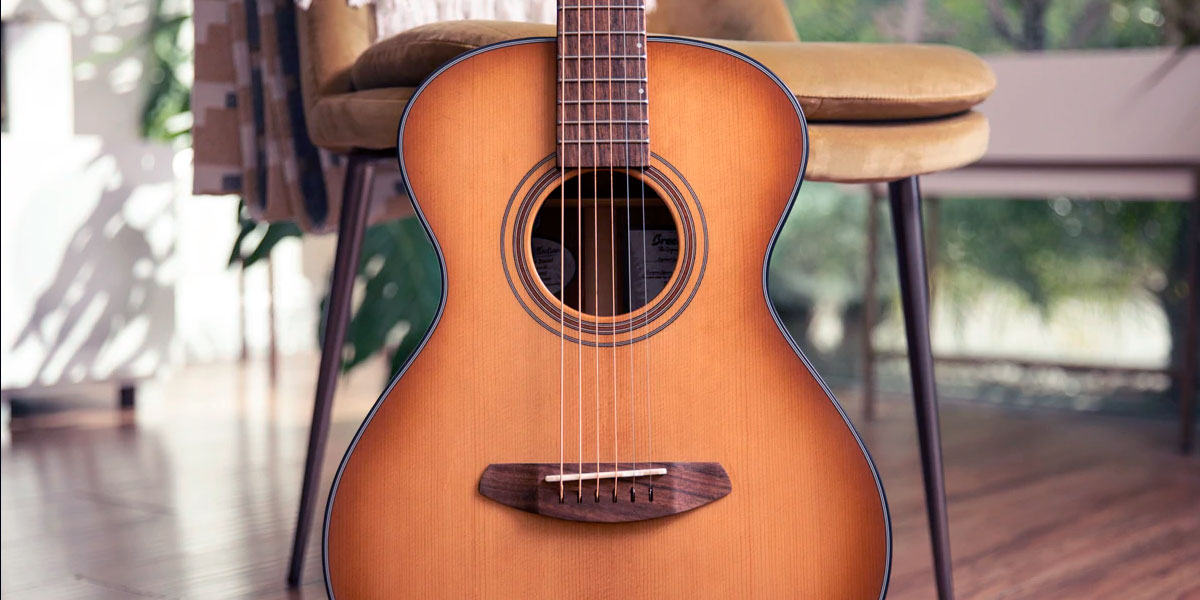
Nowadays, there are many guitar string manufacturers. Within this range, you can not only find strings for electric guitars or acoustics, but also various calibers, materials, special coatings, etc.
More or less experienced guitarists have tried many different types of strings over time, and they know how to choose acoustic guitar strings. However, without the advice of the "elderly", it is difficult for beginners to make a choice.
Acoustic guitar strings guide
The choice of strings is directly dependent on your own needs - what exactly do you want to play on them?
The materials used to make acoustic guitar strings are bronze, nickel, phosphorous, steel, wire, and aluminum. Bronze mainly used with various additives to allow you to get a certain tone in the sound. In addition to the material, the braid on the string also affects the sound.
The most common type is a round wound, which used to obtain a bright and resonant tone. The flat mesh (reel violin) is suitable for jazz, blues and foil performance.
Why string size is important?
The string sizes are given in inches and indicated on the packaging. For example 10-50, where 10 is the thickness of the first string and is 0.01 "and 50 is the thickness of the last string at 0.05".
Thin strings (10–50) are pleasant in the early stages of learning, they are easy to press, the fingers do not get tired even with aggressive playing, while the guitar sounds and pleases.
It is more difficult to play on thick strings, but their timbre is richer and they can "shake" the guitar's body. The tree begins to vibrate and the musician manages to give the sound a lot more nuances.
How Often Should You Change Strings
There is no definite answer to this question. At the same time, it is obvious that a kit that has been folded and does not sound loud at all is required for replacement. As for the rest, each guitarist will choose for himself the "attenuation" threshold that suits his sound.
However, if you are just learning to play the guitar and spend a lot of time with scales and chords, we recommend changing strings every three months. Many professional musicians change the strings before every concert.
An important factor in determining how often to change strings is the intensity of your playing. Remember, you shouldn't skimp on strings too much - more expensive brands will delight you with good sound for much longer than their budget cousins can get boring within weeks of installation.